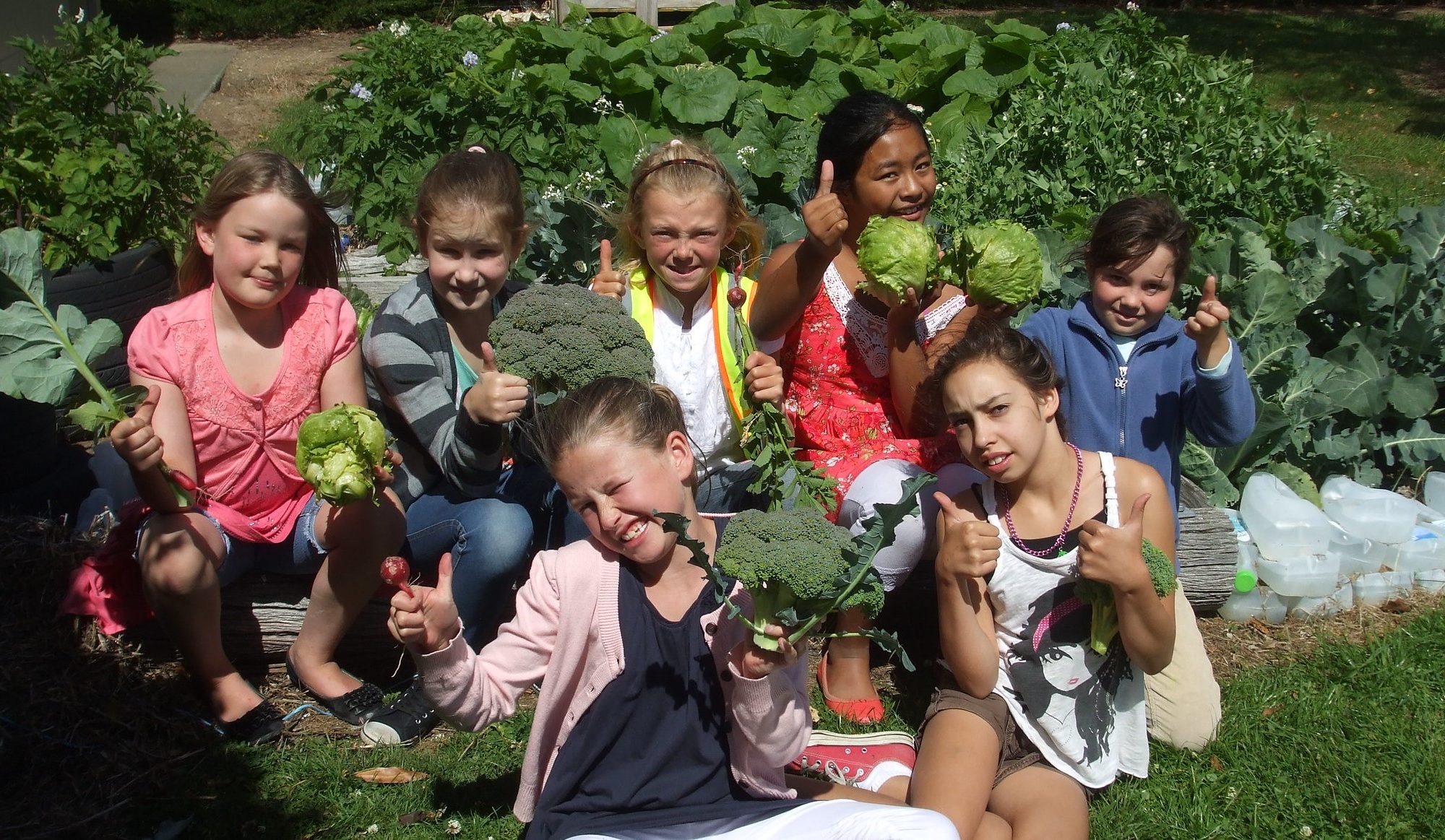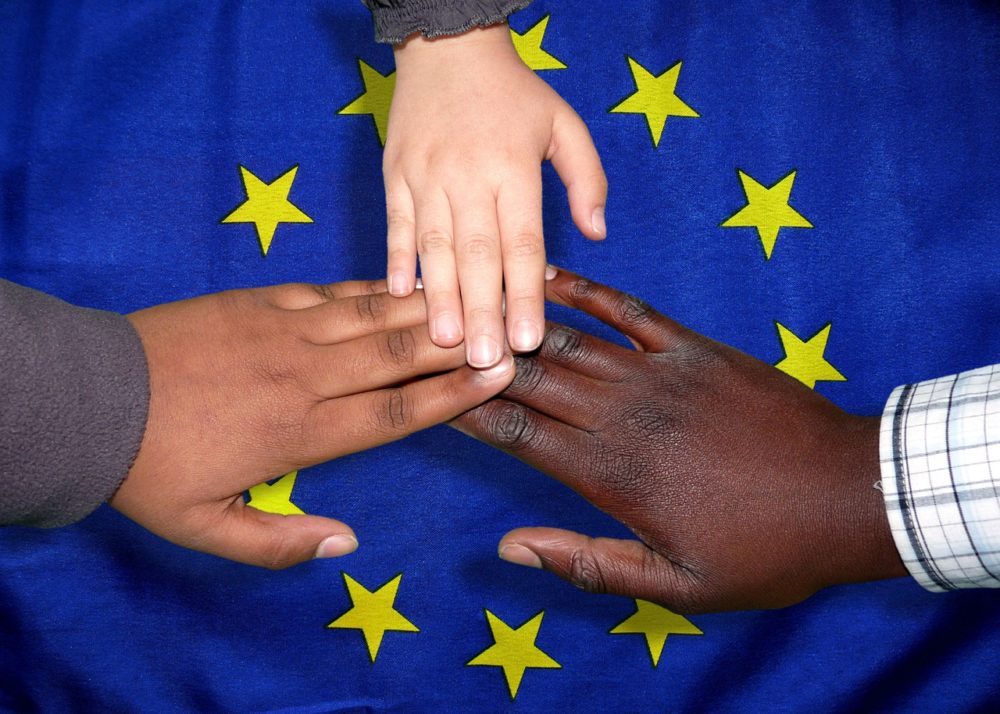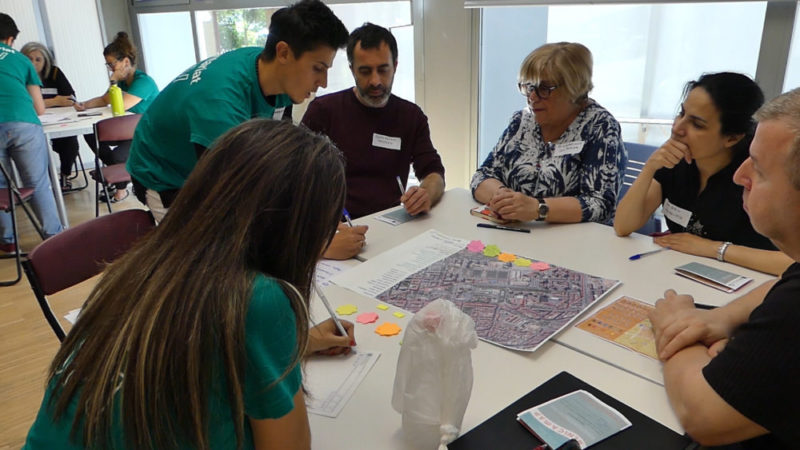By Nicky Pouw
Beneath the surface of neoclassical economics lies unwavering faith in the pursuit of big numbers: more is always better. More growth means more income, more supply and production, more employment, more demand, more investment, more growth, and so forth. Big numbers give people a certain sense of security; everything is ‘going well’ and the economy is ‘healthy’. Only when a crisis hits, such as the current COVID-19 virus, people seem to become aware of the danger that lurks in big numbers; namely, they always involve tipping points and introduce risk into other areas, such as public health or international security. By ‘tipping point’, I mean that a certain equilibrium is upset, such as the equilibrium in economic growth or the balance between supply and demand. Continue reading “Economics (really) needs to change: Introducing ‘Wellbeing Economics’ by Nicky Pouw”





